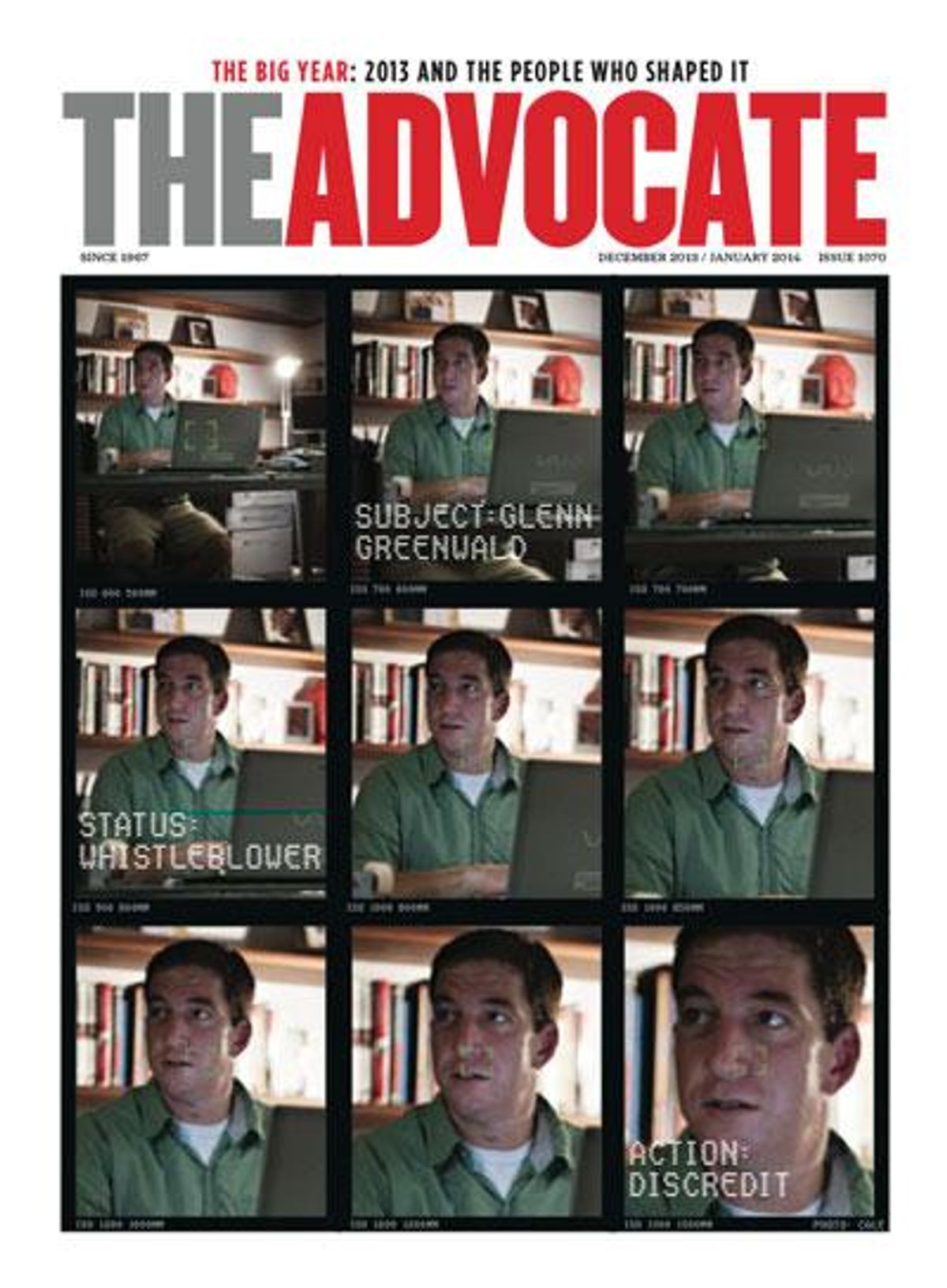In 2012 we celebrated the election of the first lesbian U.S. Senator, Tammy Baldwin, and the elections of four members of the House of Representatives who are gay or bisexual: Mark Takano of California, Sean Patrick Maloney of New York, Kyrsten Sinema of Arizona, and Mark Pocan of Wisconsin. They joined Rep. David Cicilline of Rhode Island who was elected in 2011. All are Democrats.
Their campaigns were funded in no small part by the contributions of LGBT and progressive groups and indi- viduals, and their elections came with attendant hopes that they would bring to their offices the progressive ideals and equality stewardship on which they campaigned. Yet two members of the new LGBT caucus betrayed us by turning their backs on one of the Obama administration's major pieces of legislation; one that promises to materially improve the lives of many lesbians, transgender people, and people with HIV/AIDS in particular. In doing so, they've acted against the best interests of LGBT people in America.
Rep. Sinema, who is bisexual, and Rep. Maloney, who is gay, were two of only nine Democrats to break with their party and side with the GOP: They voted for House Speaker John Boehner's bill to eviscerate the Affordable Care Act, the one that ultimately led to the government shutdown. Maloney voted to call a conference committee with the Senate in an attempt to re-ligitate the already-settled Obamacare law, and both Sinema and Maloney voted to repeal the tax on medical devices. Additionally, Maloney voted to gut the food stamps program by $20 billion, voted with the GOP on the debt ceiling, and took the lead on a bill that would roll back reforms on Wall Street -- the reforms meant to prevent another recession.
How do any of these votes represent justice for lesbians, who are among the lowest paid segment of the work force? Or people with HIV/AIDS, especially the poor, whose pre-existing conditions prevented them from getting affordable health care? Or trans men and women, who are so often denied employment, medical care, and housing? The HRC and the Gay and Lesbian Victory Fund supported both candidates, and in return both representatives chose to aid the shutdown of the government over the very real opportunity to aid the LGBT poor and disenfranchised, and those who helped to put them in office. Both continue to hold fundraisers with LGBT rights groups while we're left to wonder, with Dems like these, who needs Republicans?
As more people identify openly as lesbian, gay, bisexual, or trans, we're bound to see more societal acceptance and political involvement. Soon, it will be impossible for anyone to ignore our existence in every echelon of society. Ultimately, we'll see a broader range of political views exhibited in candidates for office. And we're probably going to see even more queer candidates espouse incomprehensible positions that sit firmly at odds with the civil rights pursued by LGBTs.
But however diverse our positions may be, if we are to remain a force for equality and civil rights, we must support those candidates and politicians who advocate for LGBTs, who work hard for anyone shut out of economic opportunity, who champion the less fortunate, the disenfranchised, the disconsolate. We, as LGBT voters and givers of campaign dollars, have to be especially discerning. And we have to let groups who would organize for LGBT candidates know that we will not blindly hand over our support and cash simply because of a politician's orientation or gender identity. We need to hold them to their ideals, and we need to raise funds to unseat those who betray us. It's time for the LGBT electorate to mature, and to never allow for expedience where valor is required.


















































































